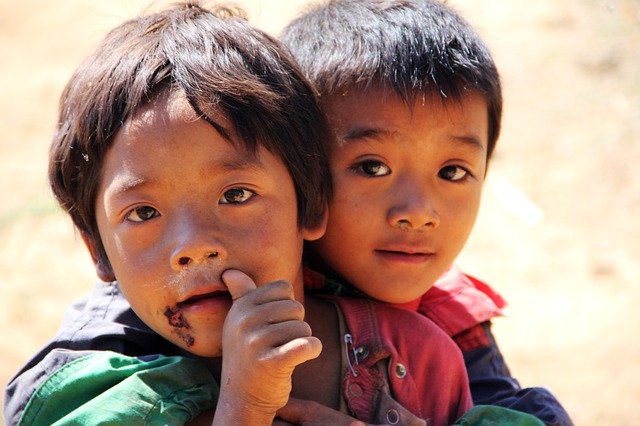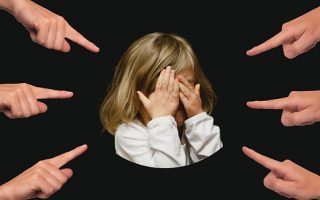Flooding, earthquakes, volcano or hurricanes and children
Natural disasters are scary, very often they come out of the blue and we as adults are not prepared for them, let alone our children. Very often our homes or our schools are affected and our family way of life changes overnight.
How do you tell children about natural disasters? What do you need to do?
Here are my 4 tips for helping children overcome the effects of natural disasters.
Safety
It is highly likely that a child’s internal security will have been affected by what has happened. Our internal secure self is a fundamental foundation to our ability to function in society. It is a prerequisite for social skills and emotions.
An event, such as our house being flooded or destroyed, makes us feel insecure. This raises the levels of cortisol in our brain, the stress hormone, making us more edgy and less secure. Our brain is preparing us to react to a threat and it sends messages to the body to be prepared to. Now for the short term this is all very good, it enables us to be able to carry out the actions that we need to do to avoid the threat.
However if this continues over time, the elevated levels of cortisol can affect our memory, our immune system, interfere with learning, affect blood pressure, cause weight gain and much more. If you are feeling anxious or insecure over a long period of time it is very easy to get caught in the cycle of feeling threatened, increased stress levels, increased anxiety, increased stress levels.
So for children it is important that they feel secure in your relationship and with your love, even if food and shelter are temporary.
Security
Closely related to the feeling of safety is the feeling of security. As humans we feel ‘contained’ by the security of things around us, for example our home, our relationship or regular income. This is all based on the principles we learnt as a baby that our mothers (or maternal figures) will meet our needs, hold us, feed us, love us, tell us stories, soothe us, rock us.
When we feel insecure as adults, or have had a tough day, we will seek some form of security. Maybe it’s an enclosed space, maybe it’s particular clothing, a certain food, a favourite DVD or story, maybe it’s a blanket on the sofa or an early night.
As children experience natural disasters they are likely to be concerned about security. As parents make sure you take the time to soothe them, reintroduce some of the types of reassurance that they experienced as babies.
Being there for them
One of the most important things with helping a child through a difficult experience is being there for them. We naturally will want to talk for them or help them by expressing our thoughts, that frequently this interrupts their thought process. Just as bombarding our children with questions is likely to overwhelm them when they haven’t thought through how they feel or what they’re thinking.
For young reassurance use cuddles, love and reassurance to combat their fear. With children over 8 give them the time to think through things, sit in silence with them and let their thought processes happen, they’ll then ask questions as their thoughts arise. For teenagers get them involved in practical things that they can do to help resolve the issues, however remember they are still children so don’t over involve them in adult conversations.
Routine
The quicker you can get back to a routine the better it is for children. Routines help to give us security and purpose, they give us daily rituals and boundaries that we rely on without even realising. Even in chaotic times humans will seek to establish some kind of routine, this is even more important for children.
|
Do’s Reassure your child. Give them lots of hugs and positive touch. Praise them for little things. Tell them familiar stories. Listen to them (even if you sit in silence). Re-establish a routine as quickly as possible. |
Don’ts Involve your children too much in the uncertainty you are facing. Remember what is an adult conversation and what is not. Project your anxiety or insecurity on your child. |
If you would like more help or advice, then consider applying for one of my complimentary consultations by clicking here.



